- Category
- Anti-Fake
How One Breakfast in Moscow Helped Russia Cover Up Its War Crimes in Syria
-b7c430ff2aeb0fd309bbc4723905803b.png)
We went to Syria to look into the truth behind Assad’s chemical attacks and found proof of Russia’s role in silencing the survivors.
Tawfiq Ali Diab brushes a Post-it note to the side, revealing a date etched in sharpie on the wall of his tire shop: April 7, 2018. “I had to hide this when Assad’s soldiers came inside,” he says. His wife and three daughters—along with 50 other civilians—were killed in a chemical attack by the Assad regime in Douma, a rural suburb of Damascus.
When we arrived in Douma, we thought we’d be retelling the accounts of those who survived chemical attacks. What we found was far more sinister: a trail of coercion, manipulation, and propaganda orchestrated with the support of the Russian Federation.
Our introduction to Tawfiq Ali Diab wasn’t what we expected. He burst out of his house shouting in Arabic. “He thinks you’re Russian press,” our translator explained. Living in Ukraine, we couldn’t help but find some irony in this. After a bit of diplomacy, we were soon drinking coffee in his home.
“Russian media used to come here, and I couldn’t tell the truth,” Tawfiq explained, nervously puffing on a cigarette. “I was forced to say there was no chemical attack.” He recounted how generals from the Syrian Arab Army (SAA) showed up at his house, pressuring him to stick to their version of events: that his wife and children had died in the war, not in a chemical attack.
The attack and its aftermath
In April 2018, Douma was the last rebel stronghold surrounding Damascus. On April 7, the Assad regime launched a chemical attack, killing dozens. Days later, Syrian and Russian forces entered the city. Civilians were evacuated to camps in the north, and Douma fell.
Hamish de Bretton Gordon, a chemical weapons expert and member of the UN team investigating Douma, believes Syrian and Russian forces used the window after the attack to sanitize evidence. “Bodies were dug up from mass graves and burned with gasoline,” he explains. UN investigators weren’t allowed access until April 22, over two weeks later.
A stop in Moscow
On April 26, 2018, victims and witnesses of the attack were flown to The Hague by the Russian Federation to testify that the chemical attack had been staged. What wasn’t immediately known is that before their arrival in The Hague, they were discreetly flown to Moscow.
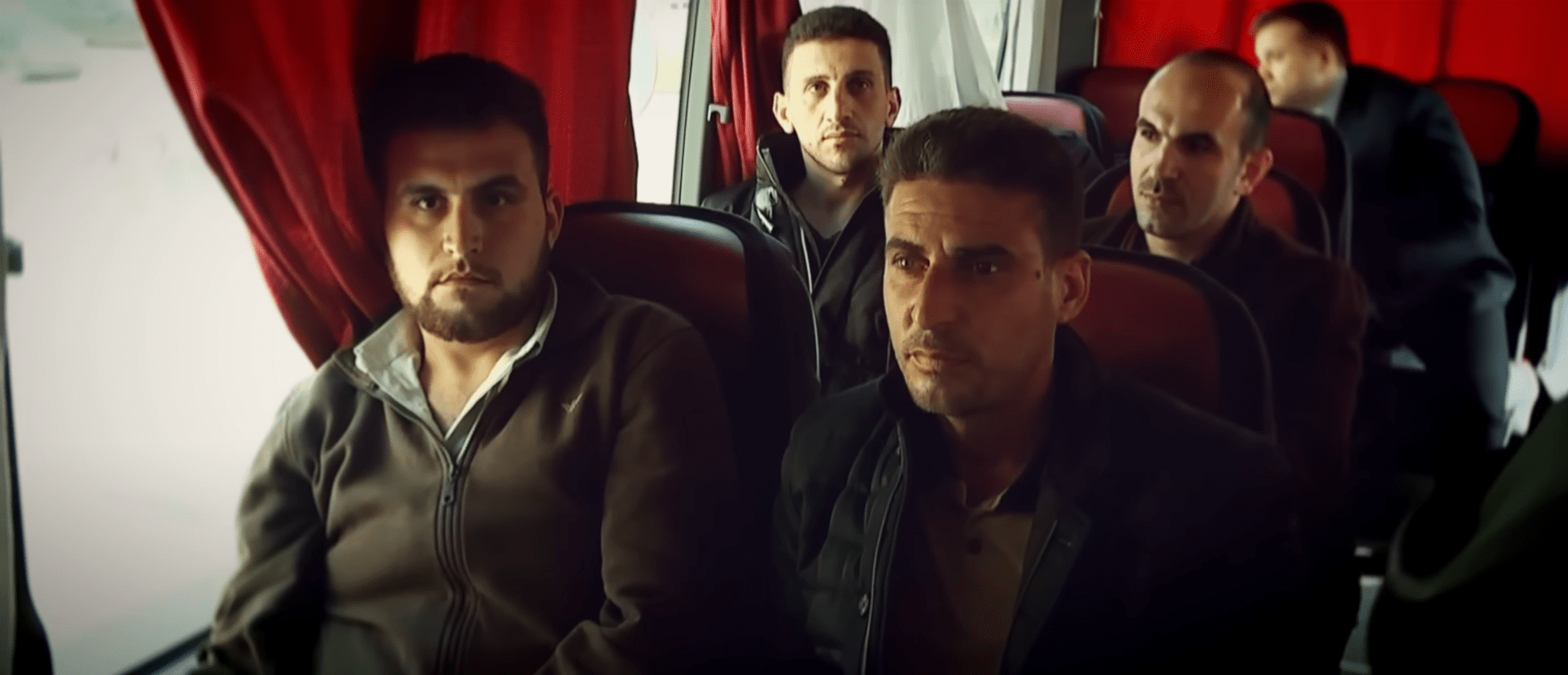
“After four days in [the Al Khatib] intelligence office, they took me to the airport,” recalls Abdul Rahman Hijazi, a witness of the attack. “From Damascus, we flew to Moscow.” There, the group spent one night under tight surveillance. Hijazi remembers minders—posing as translators—keeping watch.
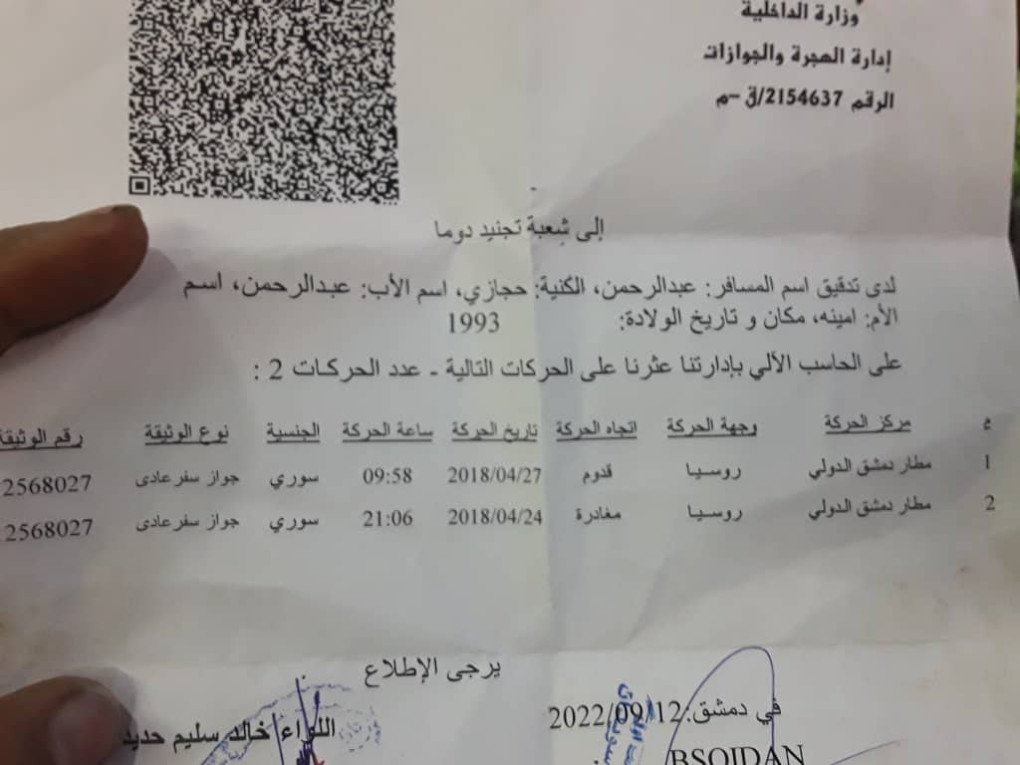
“They checked us into a hotel and told us to sleep,” he says. “After three hours, they gave us breakfast.” Then came private briefings with Russian officials. “We told them what the Assad intelligence services instructed us to say, and they approved it. The Russians said, ‘That’s okay, stick to that story.’” Afterward, the witnesses were flown to The Hague.
Coercion and trauma
Hamish de Bretton Gordon suspects the witnesses had been heavily coerced. Videos from the testimonies show them appearing visibly uncomfortable.
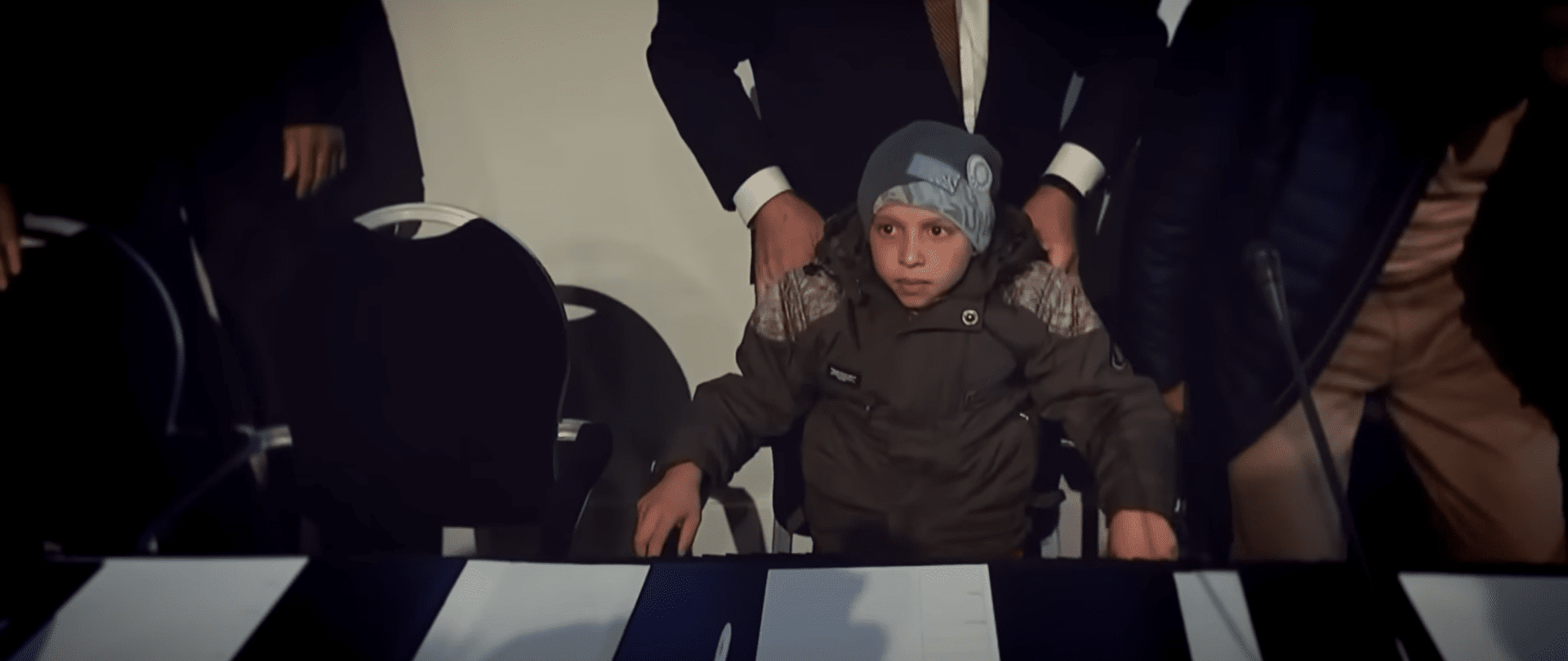
In Douma, we met several people who testified in The Hague, including Hassan Diab, who was just 11 years old at the time. In the Russian-organized press conference, Hassan claimed there had been no chemical attack and that he was filmed being doused with water in a hospital as part of a staged event.
When we met Hassan, it was clear he was deeply traumatized. He fidgeted, glanced nervously at his father, and barely spoke. Even our presence seemed to unnerve him, his father explained.
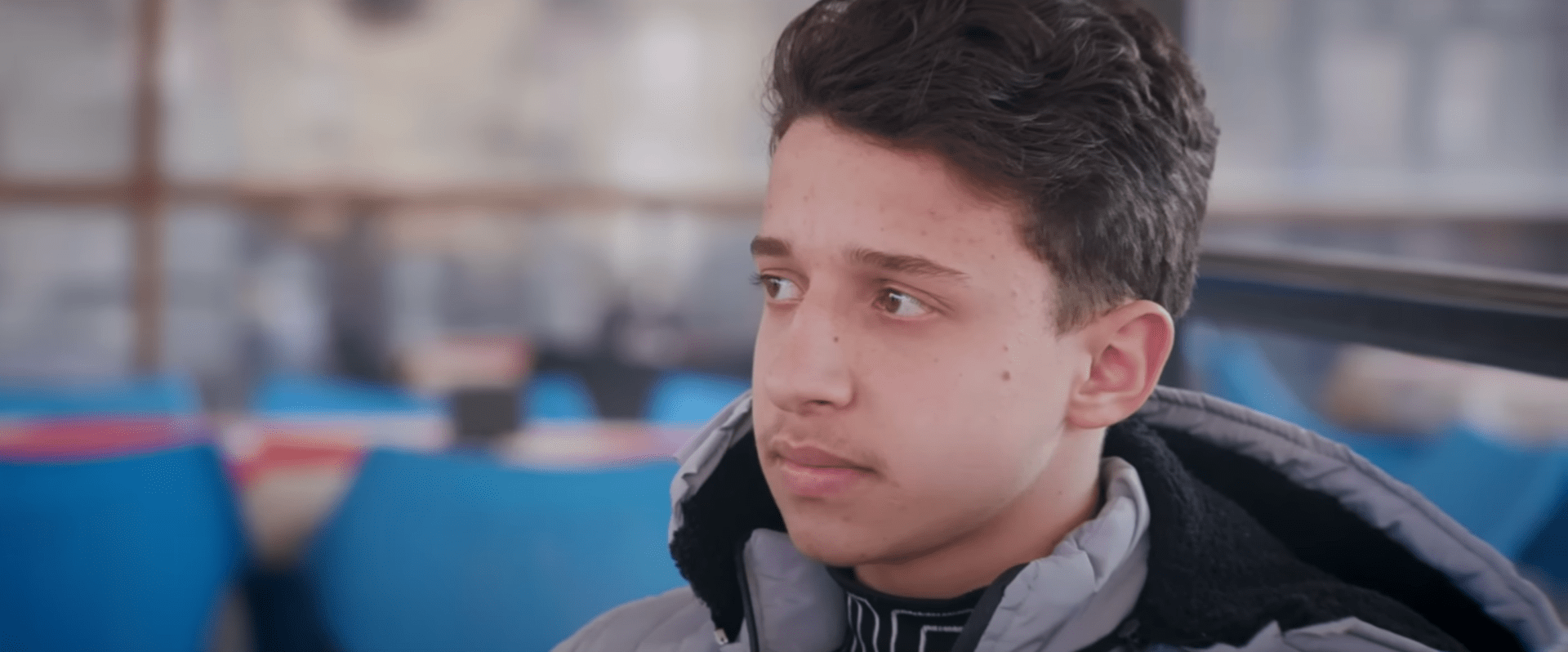
The OPCW (Organisation for the Prohibition of Chemical Weapons) later rejected the testimonies presented by the Russian delegation. Their Fact-Finding Mission (FFM) concluded in March 2019 that there were reasonable grounds to believe a toxic chemical, likely chlorine gas, had been used as a weapon in Douma.
Intimidation tactics
Even today, the shadow of Russian interference looms over Douma. Doctors we interviewed, who had testified in The Hague, received anonymous threatening calls before and after our conversations. “You can speak about Assad,” they were warned, “but do not mention Russia.” This tactic of intimidation underscores Russia’s role in propping up Assad and covering up war crimes. Small details, like the witnesses’ stop in Moscow, reveal the extent of their involvement.
Justice for Douma
The stories from Douma reveal not only the horrifying reality of chemical warfare but also the lengths to which authoritarian regimes go to manipulate narratives and silence victims. The Douma attack is not an isolated incident. There have been over 200 recorded cases of chemical weapons use in Syria since the conflict began in 2011, most attributed to the Assad regime.
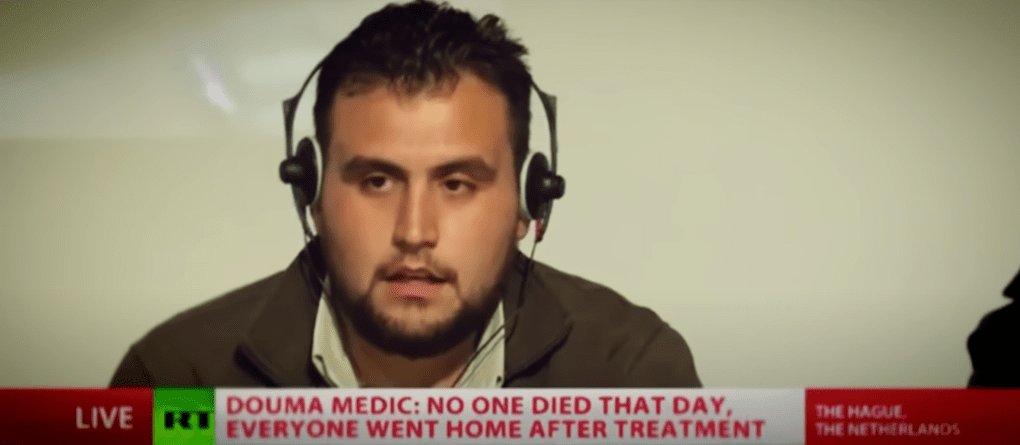
By coercing witnesses, burying evidence, and spreading propaganda, the Assad regime and its Russian backers have worked to evade accountability. But the truth remains. The accounts of survivors, investigators, and those forced to testify under duress offer a stark reminder of the atrocities committed in Douma.
Holding Assad and Russia accountable isn’t just about justice for the victims of April 7, 2018 — it’s about addressing the systemic use of chemical weapons and sending a clear message that war crimes cannot and will not be buried under propaganda and intimidation.
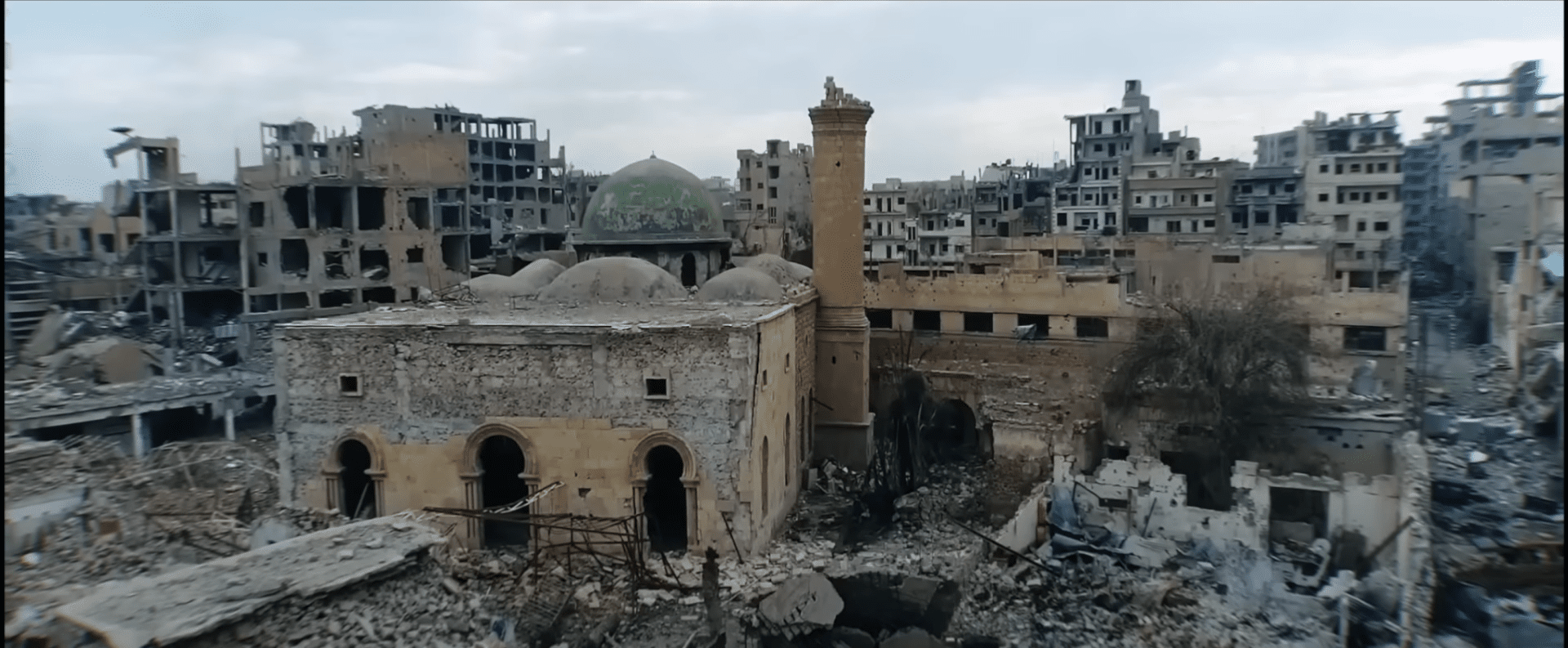
But the pattern doesn’t end in Syria. Russia’s playbook of propaganda, coercion, and war crimes is now on full display in Ukraine. From the targeting of civilians in Mariupol to the systematic destruction of infrastructure and deportation of Ukrainian children, the same disregard for international law that sustained Assad’s regime is fueling Russia’s war in Ukraine.
These two wars are not separate stories—they are chapters in the same narrative of impunity. Just as Assad’s use of chemical weapons went unpunished, emboldening him and his allies, the failure to hold Russia accountable in Syria has allowed it to commit further atrocities in Ukraine.
Justice for Douma is not just about one attack or one regime—it’s about sending a message that war crimes will not be tolerated, whether in the suburbs of Damascus or the streets of Kyiv. The victims of these atrocities, from Syria to Ukraine, deserve more than our outrage. They deserve action, accountability, and the assurance that their suffering was not in vain.
Watch the full report on YouTube.
-fca37bf6b0e73483220d55f0816978cf.jpeg)
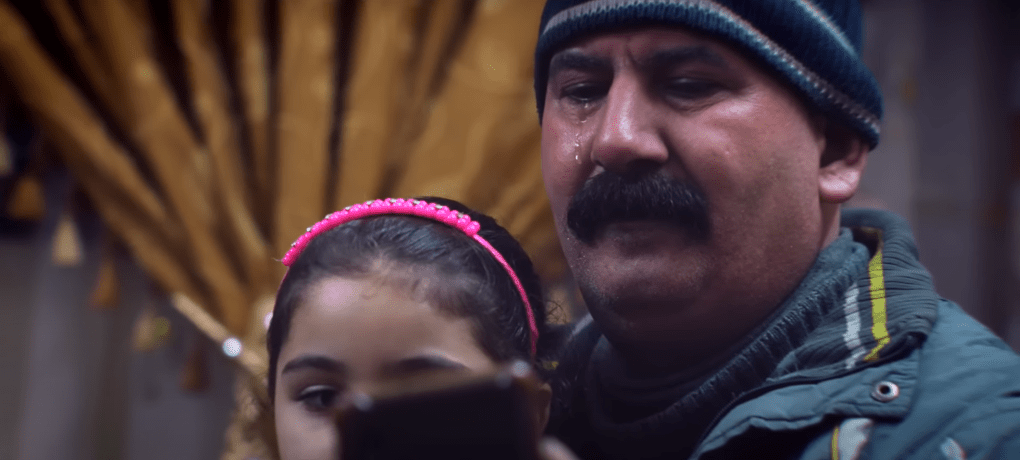
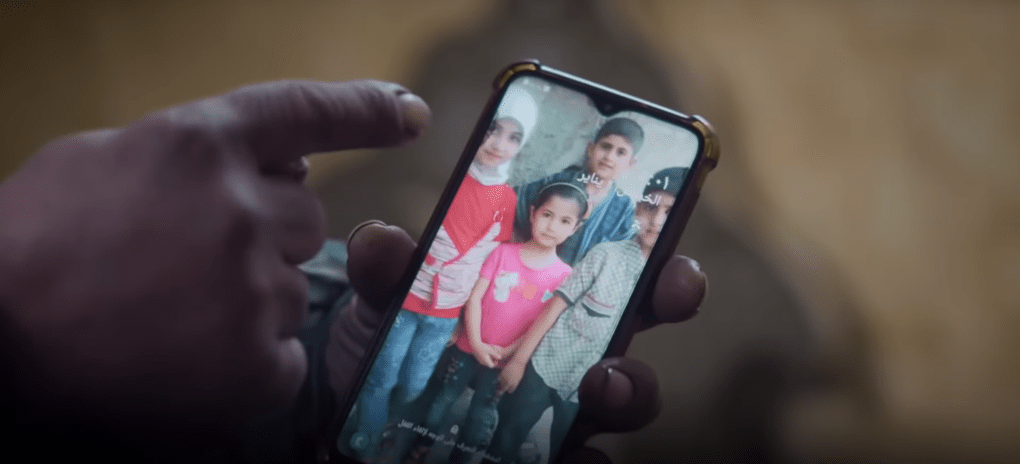
-3db1bc74567c5c9e68bb9e41adba3ca6.png)

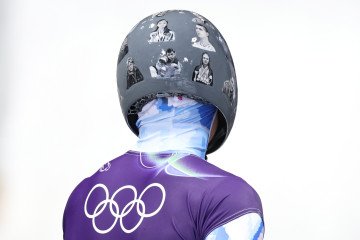
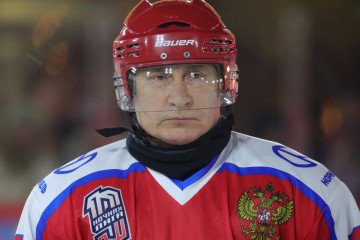
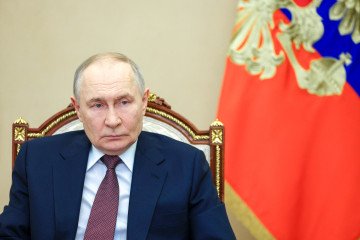
-f88628fa403b11af0b72ec7b062ce954.jpeg)